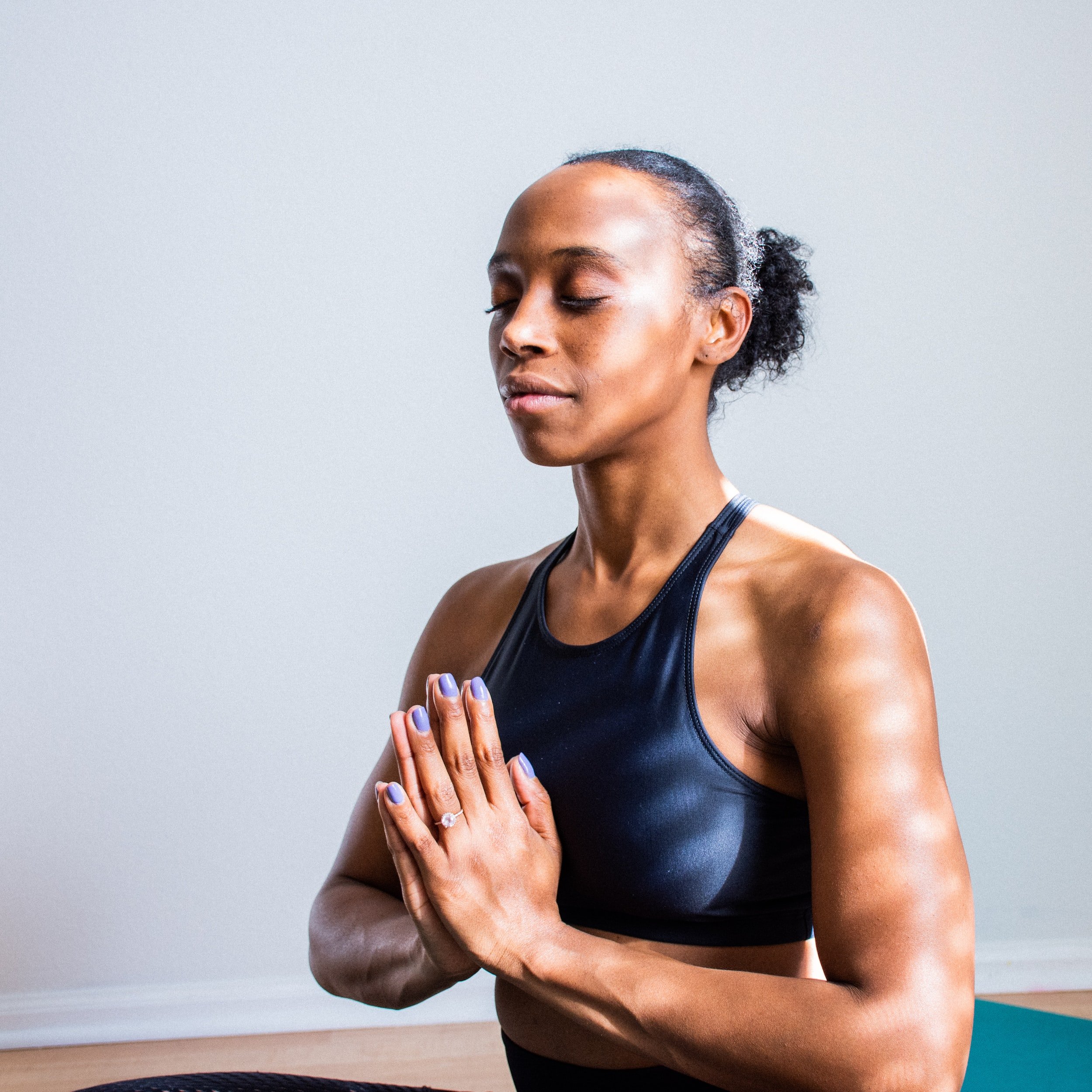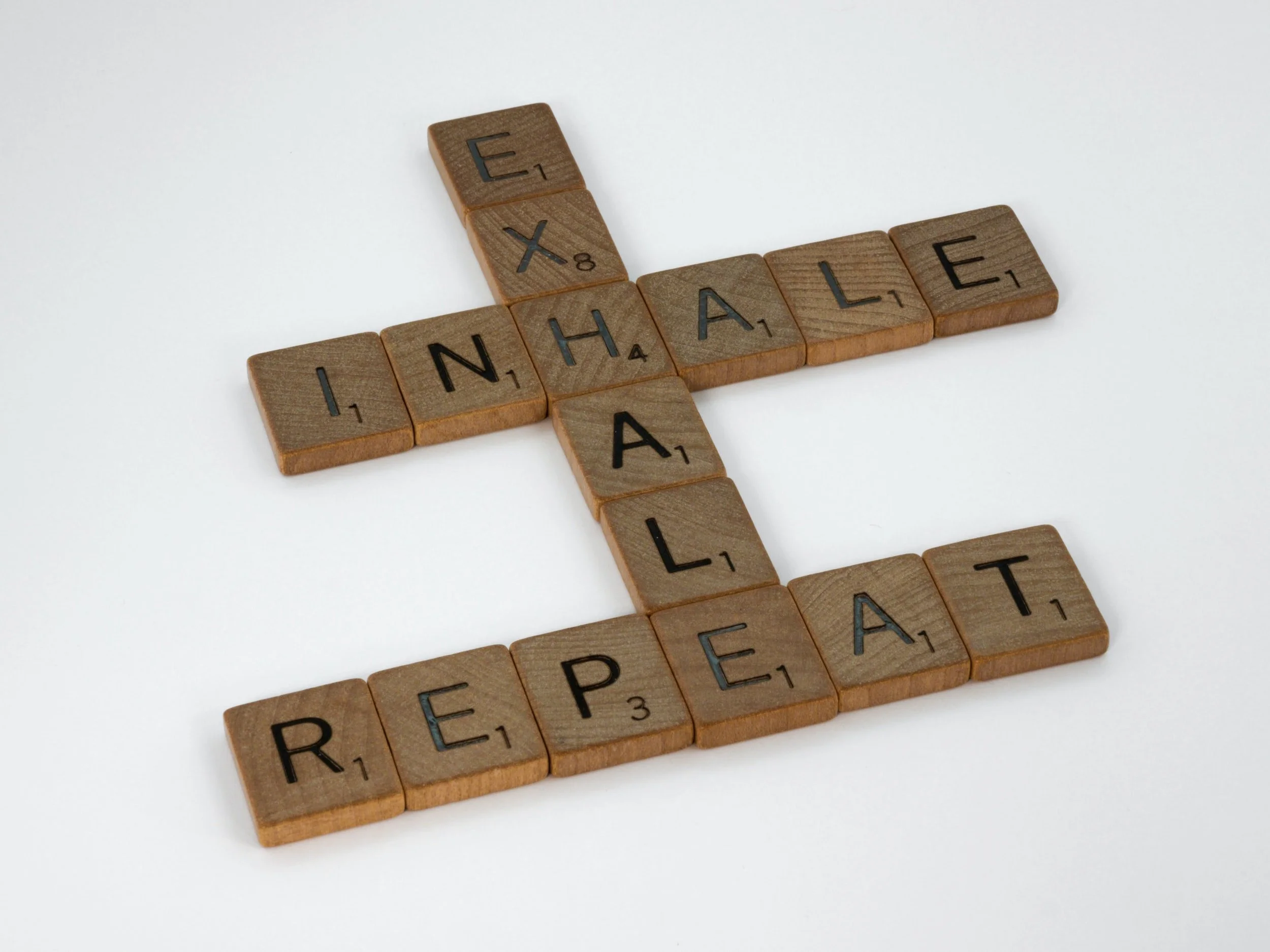Starting A Meditation Practice
Happy New Year! It’s a great time to start a meditation practice:)
Meditation can be defined as “a set of techniques that are intended to encourage a heightened state of awareness and focused attention”. Basically, it means sitting quiet and still while cultivating focus and calm in the mind. Meditation can be performed in many ways and styles - silent, aloud, alone, or in groups. It can involve listening to sound, creating sound through mantras or chanting, using visual imagery, or focused breathing. The practice of meditation can encourage positive changes to consciousness and overall psychological well being.
Meditation is widely known to be beneficial for mental health and has been around for a very long time. According to Psychology Today, researchers have discovered evidence that people were practicing meditation as early as 5000 BC. Meditation can be related to religious practices, incorporating elements of Judaism, Hinduism, Jainism, Sikhism and Buddhism. Meditation can also transform to fit other cultures or spiritual experiences and it can be practiced independently of religion.
Meditation has been shown to have the following health benefits:
Reduces stress
Controls anxiety
Promotes emotional health
Enhances self-awareness
Lengthens attention span
May reduce age-related memory loss
May help fight addictions
Improves sleep
Helps control pain
Can decrease blood pressure
Meditation styles will vary depending on what each person is seeking from their experience. A few different types of mediation include guided meditation, mindfulness meditation, mantra meditation, zen meditation, and loving-kindness meditation (our favorite!) The ultimate goal of meditation is to create focused awareness and a kind and compassionate mind.
If you’re new to meditation, it may be helpful to start with guided meditation. There are many apps (Headspace, Calm, Insight Timer, etc) and audio recordings available on YouTube. Beginners may find it easier to listen along to sounds or a voice recording, rather than trying to create the meditative state on their own. Make sure you find a voice that is soothing and enjoyable and doesn’t irritate you. It’s also possible (and sometimes preferable) to meditate in silence. If you’re looking to give meditation a try, here are some tips!
Choose a time of day and place to begin your practice. You can use a timer or have your experience be open ended. Meditation can be for as little as five minutes or as long as you like.
Begin by sitting still in a quiet place. Sit on the floor or with your back against a solid surface, so you can feel as grounded as possible. Close your eyes, calm your mind, and focus on your breath. Breathe in and out, slowly.
If you are following along with an audio, you will listen to the instructions and attempt to do what is said. If you lose focus, notice that your mind has wandered, and return to your focus without judgment. This is the most important part! Our human mind will easily be distracted, and we must not become upset with ourselves when this happens, as it is normal. Simply make note that it has happened, and attempt to refocus again. Let your thoughts come and go.
Continue to focus on breathing and watching your thoughts pass by, until your time is up or you feel your practice is complete.
After your session is complete, reflect on how it went. Keep in mind that meditation is a skill that must be built and honed. Some sessions will feel great and some may feel ineffective. It may help to keep a meditation journal to see your progress.
Like any practice, it can take time to adopt regular and successful meditation sessions. You may feel frustrated at times but do not give up. Remember that it is natural for the mind to wander. Each time this happens, and you notice your thoughts and then return to meditation, you are training your brain to ignore distractions and resume functioning. This is a great thing! It’s an opportunity to give yourself grace for being human and to try again. When you do this, you are acting with self compassion, which is also incredibly important to building strong self esteem and positive mental health. So even the struggles within your meditation practice are ultimately good for you. There are so many wonderful benefits to meditation that it is worth pursuing. It is free and there are no side effects! Meditation can be a wonderful tool to work on positive mental health - use the New Year’s energy to add meditation to your regular routine and let us know below in the comments how it’s working out for you:)

